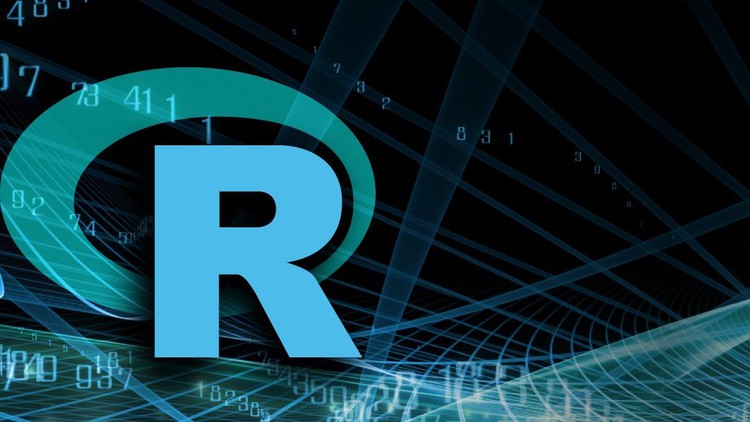
Master R Programming for Scientific Research
What you will learn
Develop practical skills in data manipulation, importing, and exporting using R.
Master descriptive statistics, correlations, ANOVA, and t-tests for research analysis.
Create basic, advanced, and animated graphs with R for insightful data visualization.
Enhance your creativity in data processing and statistical analysis in scientific research.
Gain proficiency in using R for comprehensive research projects and reporting.
Add-On Information:
Note➛ Make sure your 𝐔𝐝𝐞𝐦𝐲 cart has only this course you're going to enroll it now, Remove all other courses from the 𝐔𝐝𝐞𝐦𝐲 cart before Enrolling!
- Foundation in R Syntax: Master core R grammar, data types, and control flow, building a solid programming foundation essential for any research task.
- Data Wrangling Expertise: Develop robust strategies for cleaning messy datasets, handling missing values, and efficiently transforming raw data into a pristine format for analysis.
- Reproducible Research Workflow: Implement best practices for creating transparent, shareable R scripts, ensuring the integrity and replicability of your scientific findings.
- Advanced Statistical Modeling: Explore regression techniques (linear, logistic), non-parametric tests, and sophisticated models, deepening your analytical toolkit beyond basic inferential analyses.
- Interactive Data Exploration: Build dynamic and interactive visualizations using packages like `plotly`, enabling deeper data exploration and engaging presentations of complex results.
- Custom Function Development: Gain skills to write your own R functions, automating repetitive tasks and tailoring analytical processes to your unique research requirements.
- Package Ecosystem Navigation: Learn to discover, evaluate, and leverage the vast array of specialized CRAN and Bioconductor packages, unlocking tools for niche research areas.
- Debugging and Error Handling: Acquire essential troubleshooting skills to efficiently identify and resolve common R programming errors, building confidence in independent problem-solving.
- PROS:
- Empowerment for Independent Research: Gain the confidence and practical skills to conduct entire research projects from data import to final report generation, significantly reducing reliance on external analysts or proprietary statistical software.
- Enhanced Career Prospects: Develop highly sought-after analytical and programming skills in R, making you a more competitive candidate for diverse academic positions, research roles, and data-intensive industries.
- Cost-Effective Solution: Leverage R, a powerful, open-source, and free programming language, eliminating the need for expensive proprietary software licenses, making advanced statistical analysis accessible to all.
- CONS:
- Steep Initial Learning Curve: While starting from basics, the comprehensive nature and rapid progression into advanced programming and statistical concepts require significant dedication and time commitment to master the material effectively.
English
language